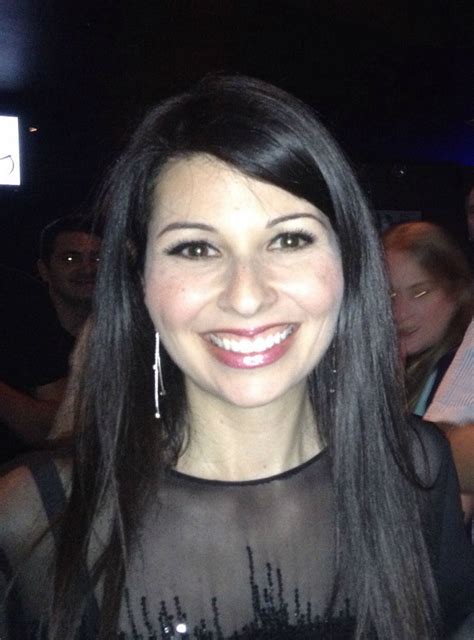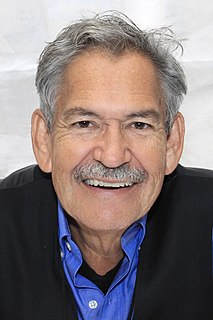A Quote by Jamie Oliver
God, why do I give interviews to 'the Guardian'? They always try to dissect you, and I don't really think about stuff in the way that you're asking me these questions.
Related Quotes
If you don't put the spiritual and religious dimension into our political conversation, you won't be asking the really big and important question. If you don't bring in values and religion, you'll be asking superficial questions. What is life all about? What is our relationship to God? These are the important questions. What is our obligation to one another and community? If we don't ask those questions, the residual questions that we're asking aren't as interesting.
I'm an ex-Catholic priest. I have such a complex relationship to Catholicism. On the one hand, if I called myself a Catholic it would have to be a very unorthodox one, as I just don't believe all of the teachings of the Church. But on the other hand, I'm an educated man because the Catholic Church educated me. It gave me something that is really important to me. So I always think about my faith. I always have it, and sometimes I can't talk about it, and sometimes I can. I am like an adolescent in that way. Teens are asking questions: who is God and what does it mean to have faith?
There is a place for analysis, but it is apt to be quite fatal in prayer and meditation. Do not dissect the love of God, but feel it. Do not dissect divine intelligence, but realize it. Do not wonder how God can possibly solve this problem, but just watch Him do it in His own way-and He will if you will give Him a chance. You know that God is Love. So go ahead on that, and do not get theoretical about it.
In science we see progress. In art there is no progress. In art the questions have always been the same. From the beginning of time till now, we are always asking the same questions. There are very few. We are looking for God, we are asking why we die, we are contemplating sex and the beauty of nature. The only thing that changes is that, in each period of questioning, we speak with the language of our time.
The book Forest Dark wants to provoke questions about what is reality and why are we so given to believe that reality is firm and unbendable. There's a whole host of questions that the book is asking about that. Why do we believe that the world is only one way and as we see it? Why are we not open to the ways in which it might be otherwise.
I do interview senior candidates at the home office or many of our hotel or restaurant General Manager candidates. My two favorite questions are "Tell me about a failure in your career, what you learned from it, and how you've leveraged this lesson" and "All of us are misperceived at one time or another. What's the most common way you're misperceived in the workplace and why?" Both of these questions require a certain amount of self-awareness and a willingness to not give pat, normal answers that we offer experience in interviews.
I always find it kind of more interesting when people ask questions like, "What were you like as a kid?" Or just kind of personal history stuff, like, "What was the lowest point of your life?" Because that would be like, "Huh, well, I'd have to think about that one." And then give an honest answer. I think a lot of people don't want to give honest answers, or they just are in business showbiz mode when they're talking about stuff, so that's probably why a lot of that kind of thing doesn't get asked.
I think there's some pretty amazing language in the Bible. The thing that's always been interesting to me about religion is that compared to the more modern spirituality, the West Coast pseudo-Buddhist thing that people go for these days, actual Buddhism and Islam have been looking at these philosophical questions, at really hard questions, for a long time. There's a lot of stuff that philosophy doesn't talk about, and in the secular world, a lot of times, people don't talk about these ideas, and that was always really interesting for me.








































